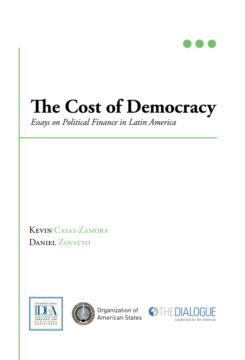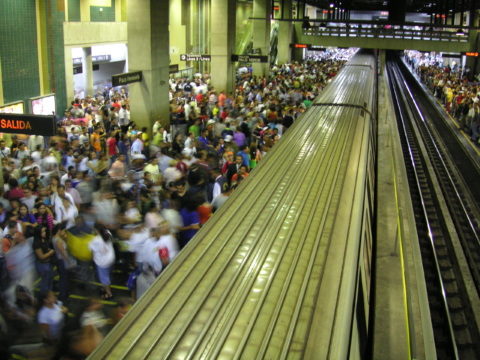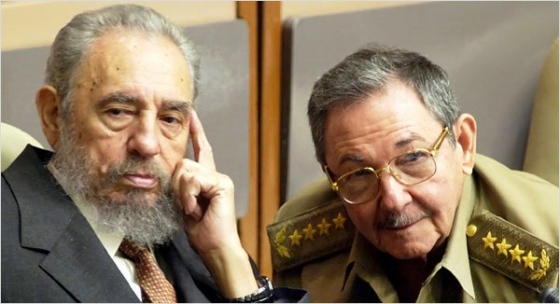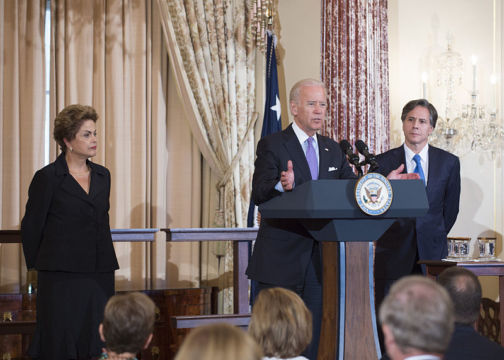
Dilma and Brazil: A View from Washington
The US visit of Brazilian President Dilma Rousseff nine months ago, as it turned out, had little consequence.
The US visit of Brazilian President Dilma Rousseff nine months ago, as it turned out, had little consequence.
Following Santos lead, the Michel Temer government would first have to test whether Brazil’s legislative leaders are willing to conduct serious negotiations, and prepared to make concessions that could be effective in curbing the country’s pervasive corruption—or at least offer a better solution than the current case-by-case approach of criminal investigations and trials.
The question of transparency and fairness will be paramount for both the political stability of Venezuela and the rest of Latin America and the Caribbean.
The emergence of this new normative edifice in favor of transparency and accountability is one of the most important, yet unsung, stories of the consolidation of democracy in Latin America.
Castro, who led Cuba for nearly 50 years, died Friday. In 2006, he had transferred the presidency to his younger brother, Raul Castro, after a debilitating intestinal ailment. Fidel Castro’s vision and iron rule shaped every aspect of life in Cuba and its relations worldwide. Many, perhaps most, Cubans would say he held power too tightly and too long. He was Latin America’s most prominent 20th century leader, but his legacy remains to be defined.
Central America is not moving forward; rather, it has regressed. The region is experiencing one of the most severe crises in its history.
In the midst of upcoming elections, Nicaragua is experiencing dynamic changes both politically and economically.
A discussion of the peace process in Colombia and its implications for labor policy
Honduras’ corruption, security, and political challenges are substantial—and no simple solution will solve all of them.
Everything you need to know about Peru’s presidential elections.
The tentative, but historic, peace deal between the government and the FARC may not be popular. But it still might work.
Reforms are deeply necessary in Guatemala but the path forward is neither easy nor simple.
An exploration of campaign finance across the Americas, with key lessons from regulation and clear recommendations for reform.
The pendulum of Latin American politics is swinging rightward once again. Yet as the “pink tide” recedes, the forces of change have more to do with socioeconomics than ideology. Dramatic economic and political crises have coincided in countries like Brazil and Venezuela. Still, the final result for Latin America may be the emergence of centrist, pragmatic modes of governance, and with them, opportunities for the U.S. to improve relations. The new administration must look beyond the neoliberal model of the 1990s, and develop an approach to relations fit for the 21st century.
Fidel Castro was Latin America’s most prominent 20th century leader. What is unclear is how he will be remembered—for governing Cuba with a progressive agenda or for keeping the island isolated and underdeveloped.
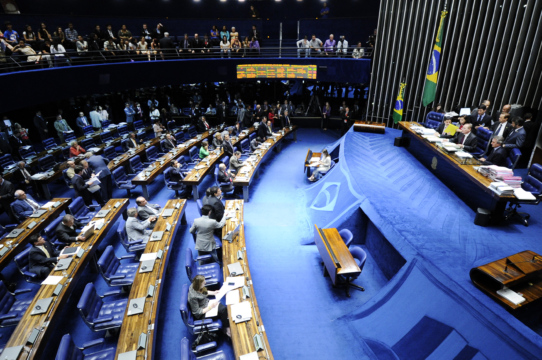
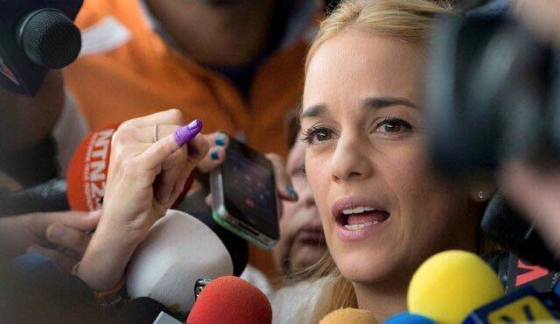 Video
Video
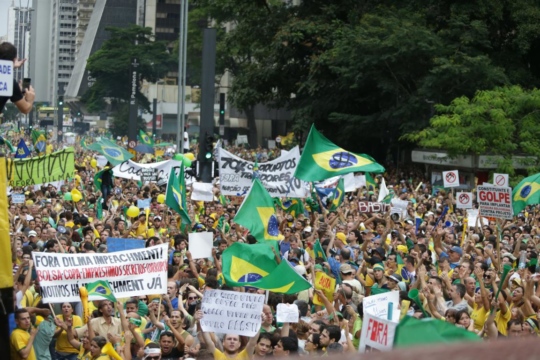
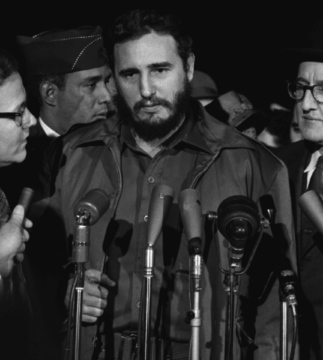
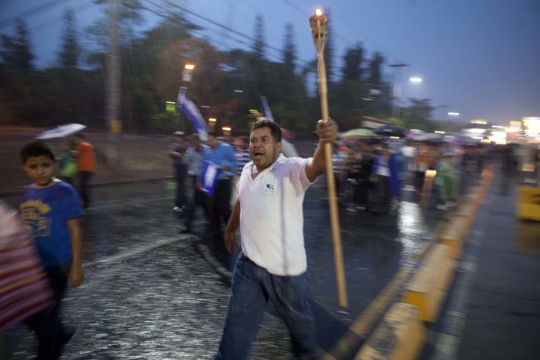
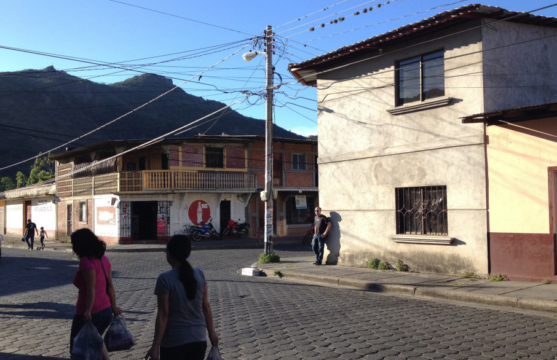
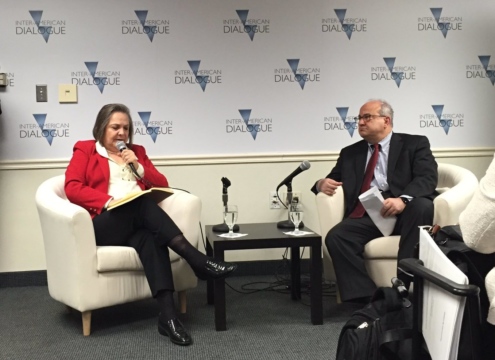 Video
Video
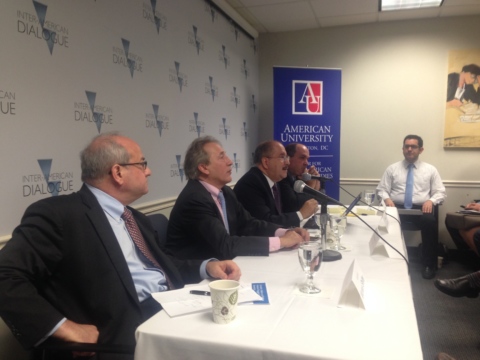
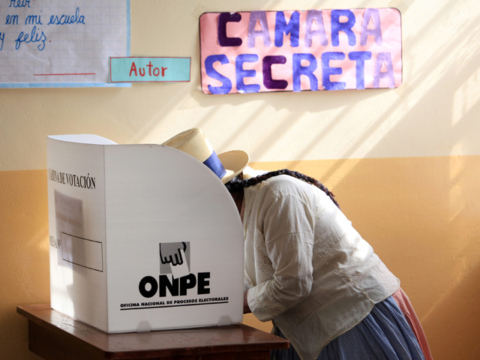
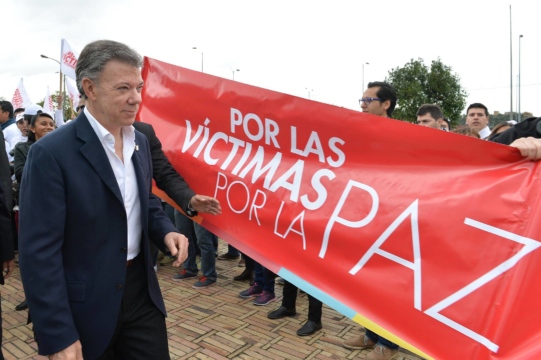
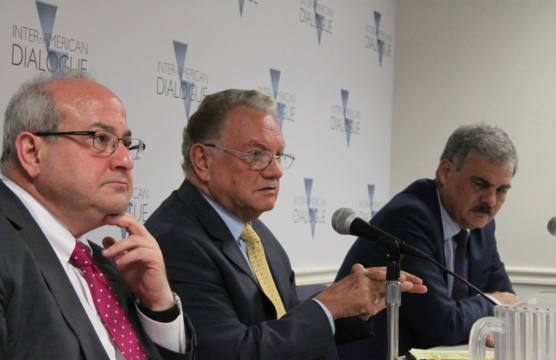 Video
Video
